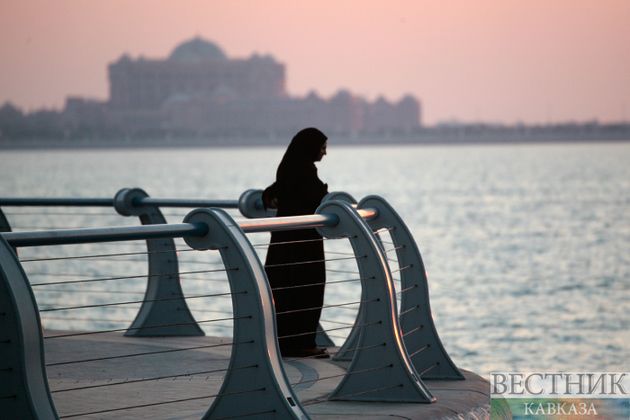In recent years, the foreign policy of two Gulf states — Saudi Arabia and UAE – has been witness to significant changes. One of the important changes has been the strengthening of economic and security ties of both these countries with China, Modern Diplomacy writes.
This has been attributed to a belief in Gulf countries, that the US has been paying less importance to the Middle East. If one were to look at the case of Saudi Arabia, it has tried to re-orient its foreign policy significantly after the Biden Administration’s approach, in its initial few months in office, vis-à-vis Riyadh was lukewarm (in stark contrast to Donald Trump who shared a warm rapport with Crown Prince Mohammed Bin Salman – often referred to as MBS).
Both countries have also taken a neutral stance on the Ukraine crisis much to the chagrin of US. In the immediate outbreak of the Ukraine crisis, both UAE and Saudi Arabia refused to produce more oil and leaders of both countries refused to even take calls from US President, Joe Biden. In July, Biden had embarked upon a visit to the Middle East which included a visit to Israel and Saudi Arabia. The US President denied, that the sole aim of this visit was to ask Saudi Arabia to ask Riyadh to increase oil production. A number of analysts argued, that this was the aim since Biden wanted to ensure that oil prices were in check in the run-up to the US mid-terms. Days after Biden’s visit to the Middle East, OPEC+ had agreed to increase oil production marginally.
The past few days have been witness to some interesting developments. First, the decision of the 23 member grouping of Organization of Petroleum Exporting Countries (OPEC+) to reduce production of oil by 2 million barrels per day (bpd) starting in November. This decision of OPEC+ predictably received strong reactions from the US. While the US President, Joe Biden was been measured in his reaction to the decision of OPEC+ expressing ‘disappointment’, senior US lawmakers have called for tougher steps against Saudi Arabia. Senate Foreign Relations Committee Chairman Bob Menendez, a Democrat from New Jersey remarked: ‘The United States must immediately freeze all aspects of our cooperation with Saudi Arabia, including any arms sales and security cooperation beyond what is absolutely necessary to defend U.S. personnel and interests”
Earlier, several Democrat Congressmen had pushed for removal of US troops from Saudi Arabia. Three members from the House of Representatives — Tom Malinowski a Democrat from New Jersey, Sean Casten (Illinois), and Susan Wild (Pennsylvania) — introduced a bill, on October 5, 2022, which would mandate the removal of U.S. troops and missile defense systems from the Kingdom of Saudi Arabia and the United Arab Emirates. The bill would also move the equipment and defense systems to other parts of the Middle East, for the purpose of protecting U.S. troops elsewhere.
Russia predictably welcomed the decision of OPEC+ to reduce oil production. Days after the decision of OPEC+ to reduce oil production, UAE President, Sheikh Mohamed bin Zayed al-Nahyan embarked upon a visit of Russia and met with Russian President Vladimir Putin. The UAE President stated that the main purpose of his visit was to resolve the Ukraine crisis through dialogue. Commenting on his meeting with Putin, the UAE President said: “We discussed several issues of mutual concern, including the Ukraine crisis, and the importance of engaging in dialogue to reduce tensions and arrive at a diplomatic solution.” During his meeting with the UAE President, Putin on his part welcomed the decision of OPEC+ to reduce oil production, saying that this step would stabilize global oil markets, while also lauding the UAE President for his mediation efforts.
Unlike the Saudis, UAE’s ties with the US are unlikely to witness any serious setback in the immediate future (in spite of Washington being sceptical about UAE’s burgeoning relations with China) because UAE is also part of a grouping I2U2 (other members are US, India and Israel) referred to as the Middle East Quad – consisting of India, Israel, UAE. UAE’s signing of the Abraham Accords in 2020, via which it normalised its diplomatic relations with Israel, have also increased its strategic relevance and its economic relations with Israel have witnessed a significant upswing ever since the signing of the Accords.
In conclusion, the landscape of the Middle East is witnessing important changes and Gulf countries – especially UAE and Saudi Arabia – need to respond to the same. It would be important to understand that while Saudi ties with US have witnessed a deterioration, while UAE may have enhanced ties with both China and Russia for now it is unlikely that its ties with US are likely to witness any major changes.






